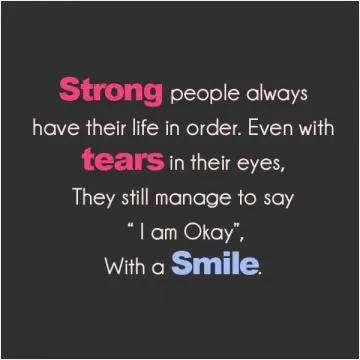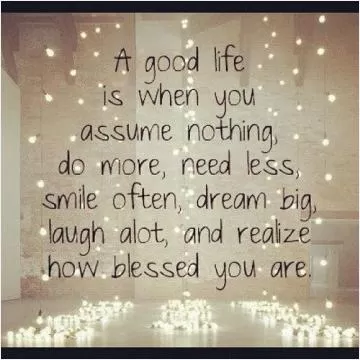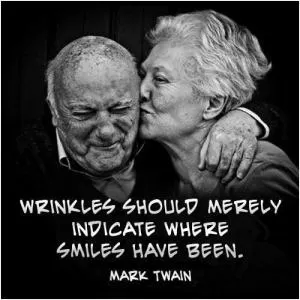I don't always smile, but when I do, I don't

I don't always smile, but when I do, I don't
The phrase "I don't always smile, but when I do, I don't" may seem contradictory at first glance, but it actually speaks to the complexity of human emotions and the multifaceted nature of a smile. A smile is often seen as a universal sign of happiness, joy, or contentment. It is a simple gesture that can convey a wide range of emotions and can have a powerful impact on those around us.However, not all smiles are genuine. Sometimes, people smile to mask their true feelings or to hide their pain. In these instances, a smile can be a facade, a way to protect oneself from others or to maintain a sense of control in difficult situations. In these cases, the smile may not reflect true happiness or joy, but rather a sense of obligation or social expectation.
The phrase "I don't always smile, but when I do, I don't" could be interpreted as a reflection of this idea. It suggests that even when someone does smile, it may not always be a genuine expression of happiness. It acknowledges the complexity of human emotions and the fact that a smile can sometimes be a mask for deeper, more complex feelings.
Furthermore, the phrase could also be seen as a commentary on the idea of authenticity. In a world where social media and image-consciousness are prevalent, there is often pressure to present a perfect, happy facade to the world. However, true authenticity lies in being able to express a range of emotions, including sadness, anger, and frustration, as well as happiness and joy. By acknowledging that not all smiles are genuine, the phrase challenges the idea that we must always present a happy face to the world.












 Friendship Quotes
Friendship Quotes Love Quotes
Love Quotes Life Quotes
Life Quotes Funny Quotes
Funny Quotes Motivational Quotes
Motivational Quotes Inspirational Quotes
Inspirational Quotes